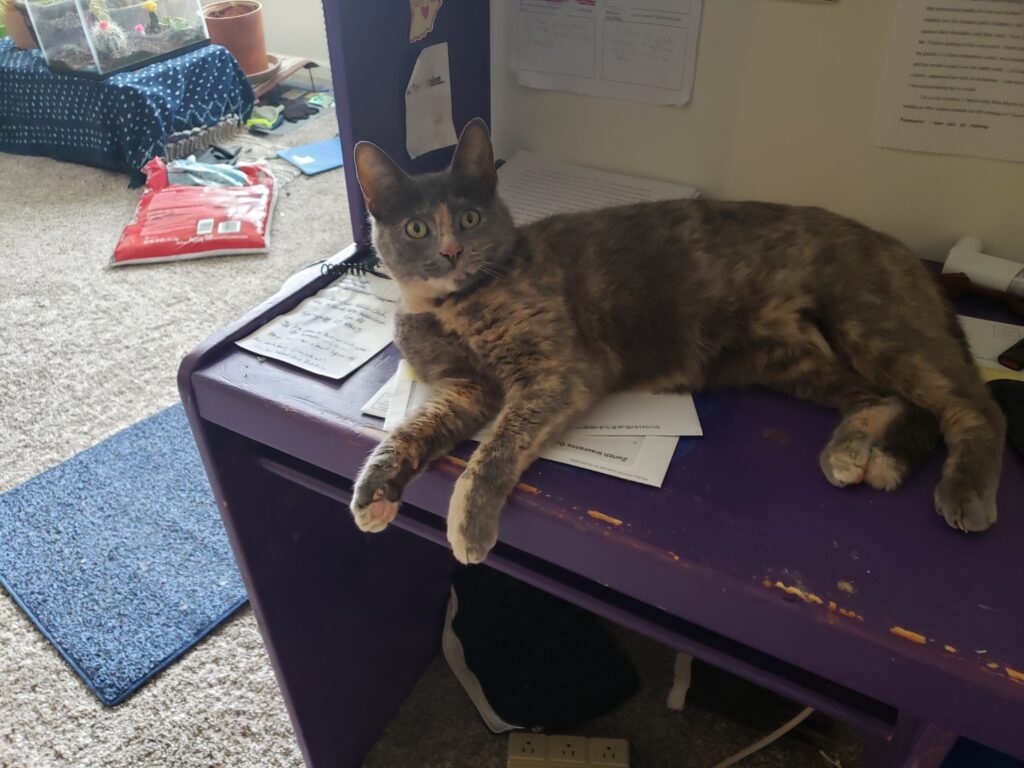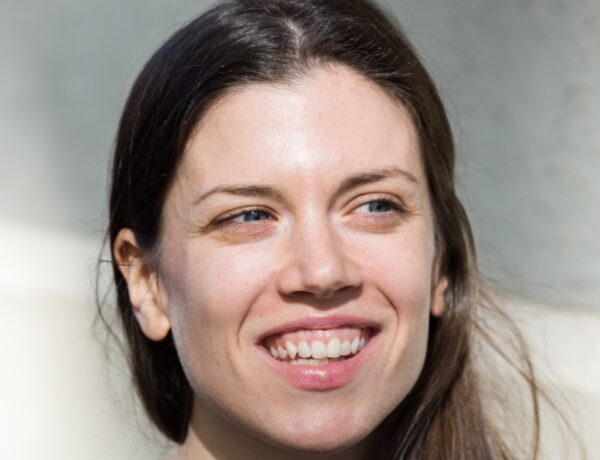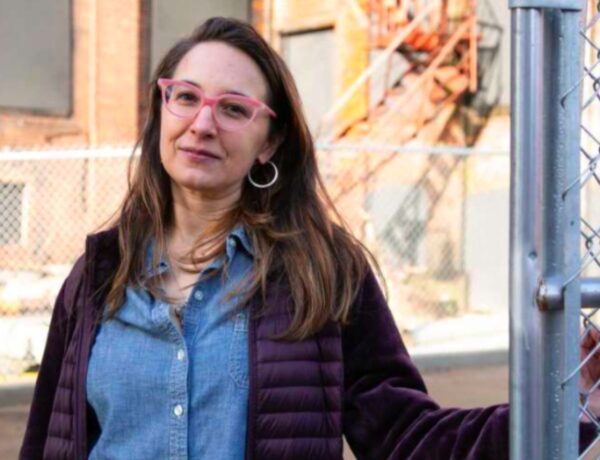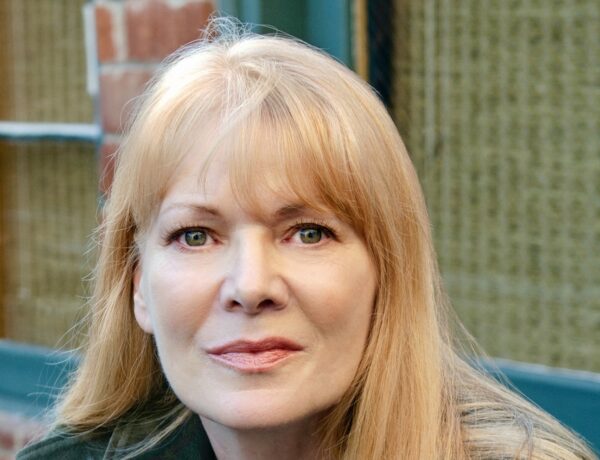Jacinda Townsend is an author from Southcentral Kentucky. After studying at Harvard and Duke Law School, she became a broadcast journalist and antitrust lawyer in New York City.
She later earned her MFA from the Iowa Writers’ Workshop and spent a year as a Fulbright fellow in Côte d’Ivoire. Her newly published novel, Mother Country, won the 2022 Ernest Gaines Award for Literary Excellence, and she also wrote the critically acclaimed. Jacinda has two children and has taught in MFA programs across the country.
Looking for inspiration to help you achieve your writing goals? Subscribe to our newsletter for exclusive insights into the routines, habits, and techniques of some of the most celebrated authors in history.
Hi Jacinda, welcome to Famous Writing Routines, great to have you here with us today! Can you tell us a little bit about your background and how you ended up becoming a writer?
I grew up in Kentucky, in a culture that values storytelling, and my mom had me write little books on contact paper when I was a kid. No one ever told me, though, that I could make a life in the arts, and it wasn’t until I went to college and then law school that I figured out a return to storytelling was what I most wanted. I ditched my job as a lawyer and went back to school to get my MFA, and ever since then I’ve been writing, and life has been magical.
You’ve taught in MFA programs across the country. What do you think are some of the most important elements of good storytelling and how do you impart that to your students?
The one thing I can’t really teach someone is how to envision a great premise. I find that people have a knack for knowing what makes a great story or they don’t. But beyond that, I can teach them how to structure a narrative, how to build bold characters, how to construct plot. And then of course, there are all the little things, like worldbuilding and dialogue, that are technical lessons I offer to students.
Your second novel, Mother Country, came out last year. How did your experience as a Fulbright fellow in Côte d’Ivoire inform the writing of this novel?
I lived for a year in Cote d’Ivoire as a Fulbrighter, really soaking up West African culture. This helped me a great deal as I researched and wrote in North Africa. The cultures are slightly different, yes, but share so much.
Can you speak to the role of cultural identity and motherhood in Mother Country?
Each mother comes from a radically different culture, but in all cultures, mothers love their children. The book is very much about the idea that “to love” is a verb, and the ways in which love, particularly parental love, depend not on accidents of biology but on active presence.
Do you struggle to stay focused while writing? You’re not alone! That’s why Famous Writing Routines recommends Freedom – the ultimate app and website blocker for Mac, Windows, Android, iOS, and Chrome. With over 2.5 million users, Freedom helps writers stay on task and avoid distractions. Get started for free today and reclaim your productivity!
As a mother of two children, how does your role as a parent influence your writing and vice versa?
I always say my children help me dream, and they absolutely do. They inspire my imagination on the daily, and they make me understand the depth of love that is possible between characters. I hope to have influenced their sense of perseverance, because making a life in the arts, as a single mother, hasn’t been easy. My older child is going to study experimental animation in college, which means I have broken some generational curse, because my parents were very much against my having a career in the arts.
Your first novel, Saint Monkey, was praised for its musical prose and lyrical vernacular. Can you talk about how music influenced your writing in that book and in your work more broadly?
Music was my first art. I played piano when I was younger. I think I learned lyricism from music, yes absolutely, and I also had instilled in me a sense of perfectionism that has translated in my desire to make every single line sing. I am incredibly attentive to matters of language, probably more so than other technical matters in my writing.
Can you tell us about your writing routine? What does a typical day look like for you?
I have a very particular routine that I can’t believe I’m telling you about, so now we have to be best friends. I wake at 5:30, so that I get some solitude and writing time before my children wake up, and I write what Julia Cameron, in her book The Artist’s Way, calls “the daily pages”–it’s just kind of a stream of consciousness that I write for fifteen minutes, to clear my head of whatever personal detritus doesn’t need to be soaked up in the world of my fiction.
I then meditate for fifteen minutes, then have some tea and read. I read as part of my daily writing routine so that keeping up with contemporary literature is done on a schedule. I then retype four passages of about eighty favorites I have in a document of passages from writers I love. Then, at long last, I write. I write for about two hours a day. I drink a lot of tea!
If you could have a conversation with any author throughout history about their writing routine and creative process, who would that person be?
Gosh. Toni Morrison. Especially since she wrote longhand. I would love to ask about her world building, and how she spoke to her characters during and between novels.
What advice would you give to aspiring writers out there who are just starting out on their journey?
Writing is a habit and talent is patience. I give myself a daily word count, at which point I stop. If you write 500 words a day, you’ll have a pretty good novel in the space of ten months. People give because they think this is a daunting process, but it’s not daunting if you look at it day by day instead of as a whole. Writing is a game you just have to keep playing if you want to win.
What does your current writing workspace look like?
I am now writing at my dining room table. It’s incredibly cluttered because my children also do homework here. When we have dinner, we move our laptops aside and eat atop our papers.

Affiliate disclaimer: Some links on this website are affiliate links. We may earn a small commission if you make a purchase through these links, but only promote products we truly believe in. We disclose affiliate links and give honest reviews.



No Comments